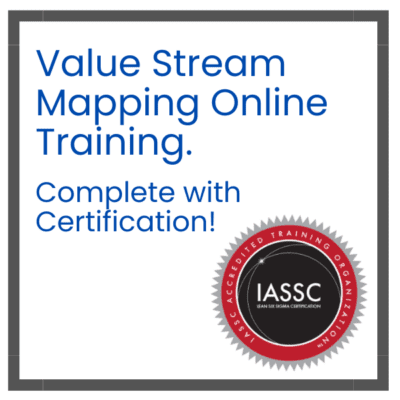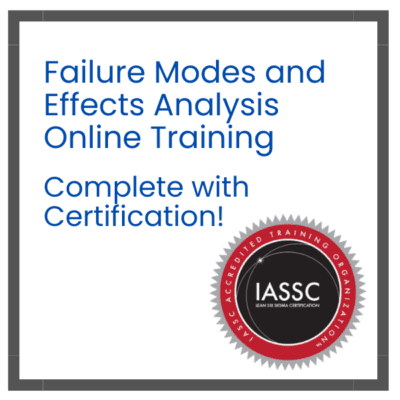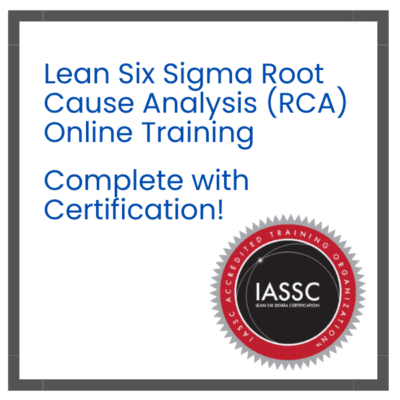Table of contents
Estimated reading time: 3 minutes
What is a Balanced Scorecard (BSC)?
A Balanced Scorecard is a strategic management framework that provides a comprehensive view of an organization’s performance. It goes beyond traditional financial measures and includes a balanced set of key performance indicators (KPIs) related to various aspects of the business. The Balanced Scorecard helps organizations translate their strategic objectives into tangible performance metrics and facilitates the monitoring and communication of strategic goals.
The Balanced Scorecard typically includes four perspectives, each representing a different aspect of the organization’s performance:
- Financial Perspective: This perspective focuses on financial objectives and measures, such as revenue growth, profitability, and return on investment. It helps organizations track their financial success and shareholder value.
- Customer Perspective: This perspective looks at measures related to customer satisfaction, retention, and market share. It helps organizations understand how well they are meeting customer needs and expectations.
- Internal Process Perspective: This perspective involves measures related to the efficiency and effectiveness of internal processes. It examines key processes and operational activities that contribute to delivering value to customers and achieving financial goals.
- Learning and Growth Perspective: This perspective focuses on the organization’s ability to innovate, learn, and grow. It includes measures related to employee training, skills development, and the adoption of new technologies. A well-trained and motivated workforce is seen as essential for achieving success in other perspectives.
The idea behind the Balanced Scorecard is to provide a balanced view of an organization’s performance across these four perspectives. By considering multiple dimensions, organizations can avoid overemphasis on short-term financial measures and gain a more holistic understanding of their overall strategy and performance.
The Balanced Scorecard also encourages the development of strategic initiatives and action plans to improve performance in each perspective. It is a flexible framework that can be customized to align with an organization’s specific goals and objectives.
The Balanced Scorecard was introduced by Robert S. Kaplan and David P. Norton in the early 1990s and has since become a widely adopted tool for strategic management and performance measurement. It is used by organizations across various industries to align their activities with their strategic vision and drive sustainable success.
Benefits of a Balanced Scorecard (BSC)
The Balanced Scorecard (BSC) offers several benefits to organizations seeking to improve strategic management, performance measurement, and overall business success. Here are some key advantages:
- Holistic Performance Measurement
- Alignment of Objectives
- Strategic Clarity and Communication
- Focus on Key Priorities
- Improved Decision-Making
- Employee Engagement
- Adaptability to Change
- Measurement of Non-Financial Succes
- Enhanced Accountability
- Strategic Learning and Adaptation
In summary, the Balanced Scorecard is a versatile tool that brings numerous benefits to organizations, including improved performance measurement, strategic alignment, communication, and the ability to adapt to changing circumstances.











